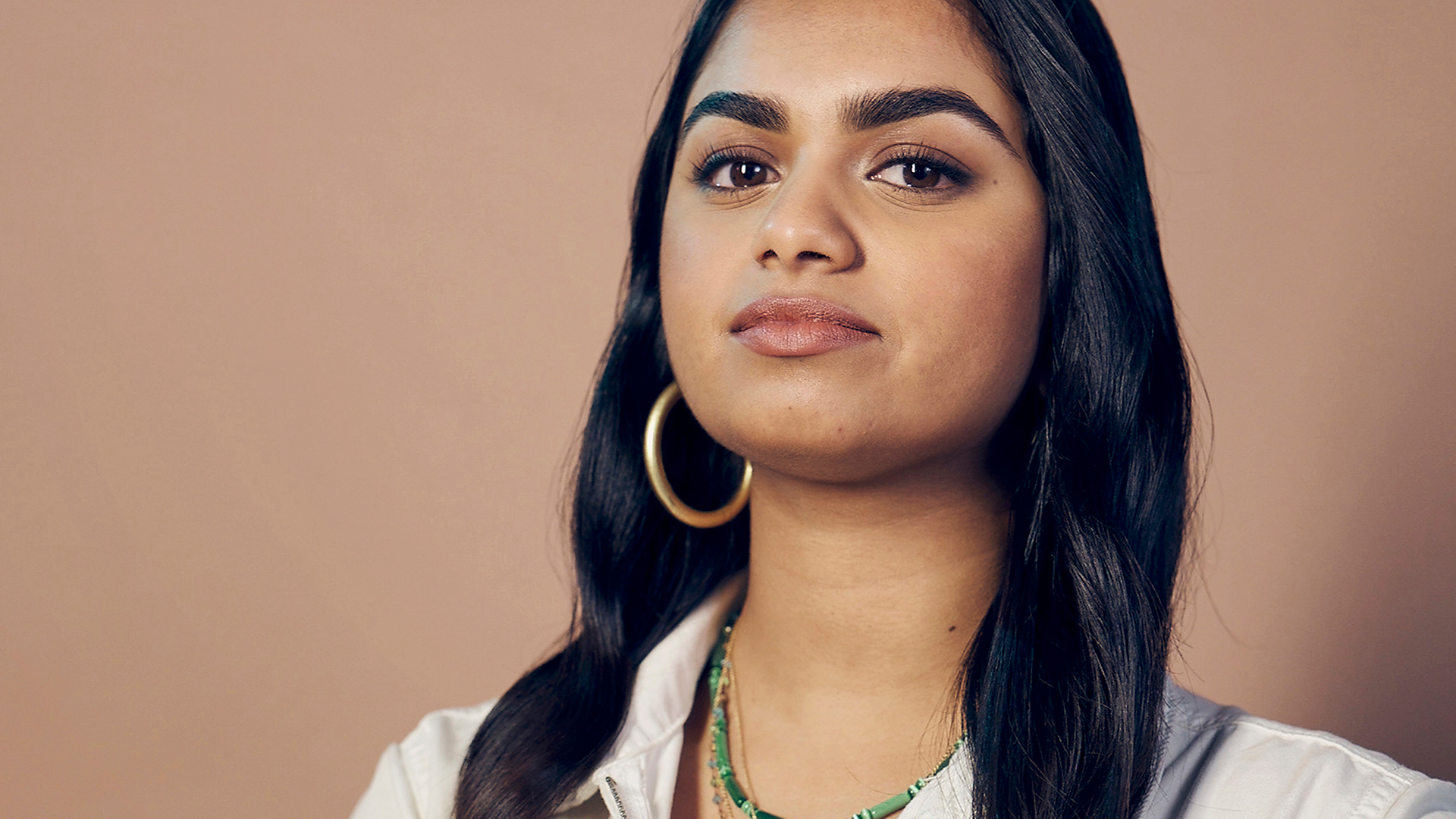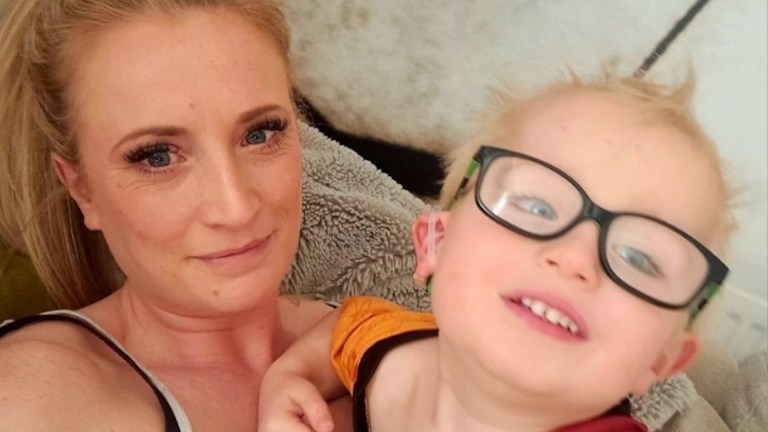Having finished her history degree she has spent the summer at home in London and is now planning a well-earned break.
She’s also looking forward to finally being able to do in-person events for the paperback launch of her book, a guide to effective activism, in January, having waited months to see the hardback on shelves due to lockdown (“it felt like it hadn’t come out”).
There’s also the small matter of receiving an MBE for services to education. When news of her honour broke, George wrote a piece for Vogue detailing how she’d wrestled with whether or not to accept, given the violent history of the British empire, which she had studied as part of her degree.
She explained how she decided to accept it partly as a way to draw attention to imperial history, and also because young people of colour are under-represented in politics and activism.
“I knew whatever I did people would disagree but ultimately the nature of an award like that is that it’s personal,” she says.
“My justification was very much entangled in my identification and family history and how I felt about Britain. Ultimately, it’s a personal decision and I felt like it was really important to use it as an opportunity to talk about that.”
Advertising helps fund Big Issue’s mission to end poverty
‘There are plenty of things wrong with social media… but activism is one of the positives’
Social media can be a harsh place for young campaigners. Online activism is often derided for not delivering real change but, as a young person who has successfully pressured ministers into creating new policy, George knows the value of digital platforms.
She continues: “I think the most successful activism or campaigning will integrate both of them [online and offline activism] together – you can’t have one without the other. At Free Periods when we held a protest at Downing Street at the end of 2017 everyone came because they’d seen it on Instagram or Twitter.
“In 2021 it would be quite difficult to get the traction offline without online backing and I think quite often people who aren’t involved in online activism can underestimate the power it can have.
“There are so many people who have made real tangible change in legislation or the workplace or schools through online petitions or Instagram. There are plenty of things wrong with social media and the platforms have a responsibility to sort them out, but activism is one of the positives.”
As for the future, George is unsure where she wants to focus her energy.
“I wish I did have specific goals,” she says with a laugh. “There have been quite a lot of existential questions going through my mind now I’ve graduated. I think I’ll always be involved in some kind of activism and campaigning, but I don’t know exactly what I want my job to be.”
Advertising helps fund Big Issue’s mission to end poverty
Whatever path she chooses, George certainly won’t be short of offers.
What The Connor Brothers Say
We photographed Amika as part of a project about people we look up to, and the expression ‘look up to’ feels kind of an important one here.
Traditionally, younger people have been talked down to, or patronised, when they voice their opinions, or ask to be heard on issues which affect them (and/or others).
Talking to Amika makes you realise just how ridiculous that attitude is. And it’s not that Amika is some kind of exception amongst young people, some kind of outlier, she’s not.
This is a generation which recognises injustice and demands change. Truth is, part of the reason we’ve fucked up the world so badly is that we didn’t give sufficient and equal weight to the voices and opinions of young people, who often see things more clearly than the rest of us when it comes to issues of social justice.
Too often we are either conveniently blind to injustice or recognise it and think, well, that’s just the way it is. People like Amika call bullshit on that, and show that, with the right action, meaningful change is possible.
Advertising helps fund Big Issue’s mission to end poverty
This article is from the exclusive Connor Brothers takeover of The Big Issue, which is out now.Get the special edition, full of custom artwork and sure to be a collector’s item, from your local vendor or from The Big Issue Shop.









